When do you first remember thinking of yourself as a designer/artist? How did you end up doing what you do today?
That’s a really hard question, because a lot of my background was in economics. Here’s how I would explain that: I didn’t consider myself a designer in a visual sense until fairly recently, maybe within the last seven or eight years. Before that, the first time that I really found myself interested in the arts, like, abstract ideas, was when I was studying economics. I mean, there are all these abstract connections between the prediction of opium in New York and the price of bread in Afghanistan, or the relationship between the price of coffee beans in Brazil and how that affects the price of gasoline in Texas. So that, to me, is design, very abstract in our heads, and it’s something I always try to bring out to print so we can actually see what those connections are.
What excites you about being a designer/artist? Why do you keep doing it?
I would say exactly that, this idea of everything being connected from … sometimes I get carried away and I try to say there’s a connection between my cat and a dog in China. For me it’s that fascination that there might actually possibly be a connection. Obviously, I don’t care that much whether or not my cat is related to a dog in Southern China, but it’s just the matter of all these connections that help define us and who we are and how this world was shaped.
What do you think is your most important skill, and why?
My crazy brain. I think it helps to be a little crazy sometimes. Stubbornness, too. People tell you very often what you can’t do and usually when someone tells me what I can’t do, or what I shouldn’t do, that’s exactly what I try to do. I grew up in Arkansas, and somehow in that whole mess I’ve managed to learn German and Croatian. And I lived in Europe for a quarter of my life, not because my family is from Europe. It’s literally my stubbornness to say “I want to do this. I want to achieve this.”
Tell us about the community you're working in.
There are two communities. There’s the physical community, which is in Madison, and there’s the online community. The physical community in Madison is very weak as far as my field is concerned. I’m pretty much a loner in my community, because there are no groups. There are few people who do remotely what I do, which is kind of fine, at the same time, it doesn’t really bother me. There’s a peacefulness, because it’s a smaller town, but at the same time, it’s a town with a history in political activity. And a lot of what I do is actually politically motivated, so that makes it interesting. As far as online community, I’d consider that pretty strong.
In what ways does working within a community influence your work?
Mainly just feedback. There are influences in the sense that when Moritz Stefaner does something great, or Jer Thorp, or if someone posts something that’s really good on their blog, there’s that influence. And then there’s the constructive feedback. Some of us are trying to work right now in building sort of a forum where we can be a little bit more constructive with each other.
Moving forward, I see the community getting even stronger. What we’re trying to do is to give each other a little bit more feedback and just blunt candor with each other. “How do we feel about our works?” or “What’s successful?” We have a little bit more open space to actually discuss what we’re doing now.
What role does collaboration with others play for your projects?
Collaboration plays a critical role in all of our projects in the studio. Sharing ideas is crucial as well as the constructive feedback we give one another. There’s a lot of iteration with our work to bring it to a final state and with each iteration, the feedback and ideas we exchange justify the decisions we make. I also think collaboration with other professionals is important and the Processing workshop that Jer Thorp, Moritz Stefaner and myself gave at Eyeo 2011 demonstrated this. We were each able to add another layer to each other’s work to help teach and inspire people and this felt great.
What do you wish to achieve with your work?
I think that it’s more of a form of expression – not so much artistic expression, but when we have beliefs. I don’t even try to say that I’m totally objective with the work that we do, but I try to be valid. I use data and I want to verify everything, I want it to be true to the word. But at the same time, I believe very much that as humans we’re subjective. We’re predispositioned to subjectivity at all times.
As far as what I would like to achieve is just to try to make the world a better place. I know that sounds really totally cliché, but it’s sort of the old saying, “What man is a man who doesn’t try to make the world a better place?” I’m not going around trying to save peoples’ lives with leukemia or something like that – which I think is an extremely noble thing to do –, but I do what I feel that I can do, and that is just to bring light on issues, especially political issues.
Politics drives human society in so many different ways. And that’s what creates nationalism, that’s what creates the twisted identities that people have, and I always feel that there’s this necessity to tell a bigger picture. Because the media and politicians like to can data results and tell you “Hey, this is what it is.” And I usually like to come back and say, “Well, there’s a bigger story here.” Like what we did with the Obama and McCain campaign donations project, where we were able to show that the proliferation of the Internet and small donations of $1 to $100 were Obama’s massive source of income for his campaign. It shows that the many, many fish together are much bigger than the one big fish.
What do you think you can actually achieve with your work, where are the limitations?
I see nothing but limitations. What can I achieve? I guess it’s just insight. That’s what I’m always trying to do, give people more insight. But the funny thing is the more I find, the more I find that there is to find. It’s sort of the old “The more you know, the less you know”, the idea that the more I know the more I realize I have to know. It opens up your world and you start to see more and more relationships. As far as limitations, it’s like, “Wow, this is a much bigger picture.” It’s always hard to be selective and find the right area to sort of crop around and say, “Okay, this is what we’re saying right now.”
How has your work changed over the years? How did your goals change?
I’d like to think my goals have been always true. I would say this started when I was studying economics and discovered this whole idea of finding connections. I had this dream when I first moved to Europe – I was about twenty at the time – of going around Croatia on a Vespa and recording prices of onions and getting average income of women for a village and then try to compare those. I had this notepad and I would go around Zagreb and mark the cars and where they were from, so that I could show that people in certain cities, or from different countries, have more Mercedes and things like that.
So I’d like to think I’m true to that, but sometimes I have to say that the sideswipe is that I also run a business. And as a studio, sometimes it gets really hard to focus just on what you’re passionate about when you have clients who come to you and say, “Hey, we’d really like to do this.” Then I try to convince myself that it’s a great idea to do this particular project, and then, when I’m done with it, realize that it wasn’t such a good idea after all. Even though this helps support us right now, it’s something that I’m constantly thinking about: I don’t want to do too much work for clients to help explain how their financial structures work, necessarily. I’d really like to stay true to my passion as much as possible.
Now as our name is growing – we’re in publications, we’re in books, we’re in museums –, we get contacted much more. There’s much more opportunities for us and I think right now for me it’s just this idea of finding that sweet spot – and there’s some trial and error with this, for sure. You know, one client contacts us and it’s like, “Oh, it’s this client. Like wow! Yes!” And then you do something and it’s like, “Oh, wait. No!” Then it’s like, “Retreat, let’s go back here and really rethink what it is that we’re doing.” I hate saying “no” to people. I always like to be very positive, and I always like to be the optimistic person there. But at the same time, you can’t say yes to everybody, and you really have to be selective at some point. That’s definitely a learning process for us right now.
If you had the chance to tackle a really big problem our society is confronted with, what would it be?
Something that always troubles me – and it has troubled me for as long as I can remember – is this idea of misinformation that causes people to do bad things. We can go back to World War II, we can look at the 1990s and the Balkan Wars. Emotionally, these drive me very much, this idea of how the Balkans split apart. I’m very interested in that time. And then look at America post 9/11 with this whole anti-Muslim movement and this complete misinformation. And it’s not necessarily because somebody thought, “I’m going to be evil and go out and lie.” They really believe what they are saying, and the people listening to them want to believe what they’re hearing. So this idea that the Quran is all about terror and violence makes me go like, “Wait. Look at the Old Testament. Look at Deuteronomy. It says you can stone your wife.” Our religious texts in the Western world are extremely violent, as well.
This idea of people just listening to what they want to hear because of their upbringing, or their emotions, or their beliefs, and then using that to justify doing bad things to other people … that really bothers me. It sounds a little cliché, there, too, but it’s really something that drives me in many ways. I’m always trying to find the right way to help explain that. So sometimes I feel like attacking that situation directly is too much, too daunting. I don’t want to misinform somebody in that process. My wife is doing her Ph.D in German literature and she worked for a summer at the Holocaust Museum in Washington D.C. So for her, too, nationalism and identity is something she thinks about – it’s sort of an ongoing discussion that we have every morning for breakfast whenever we talk.

